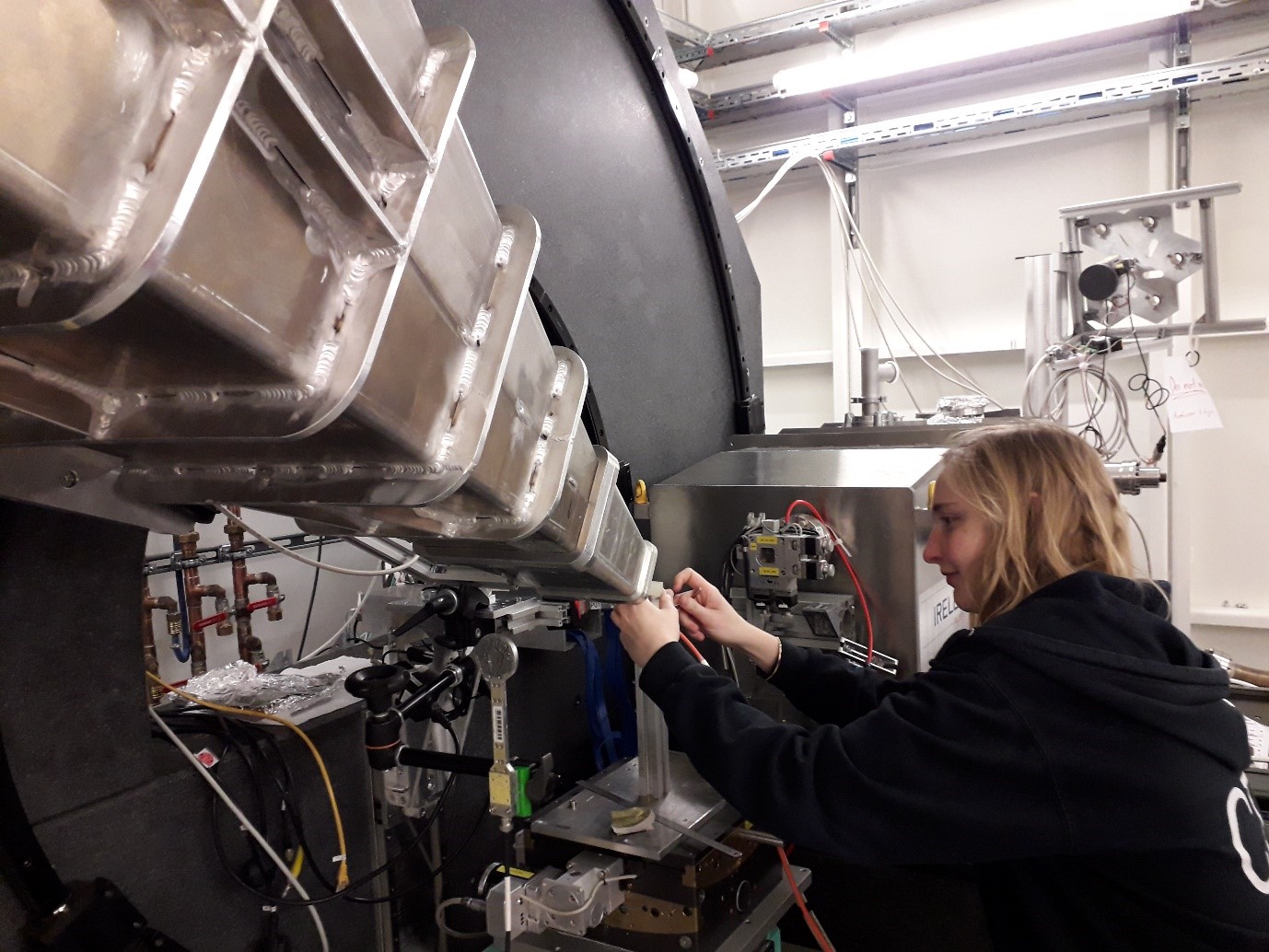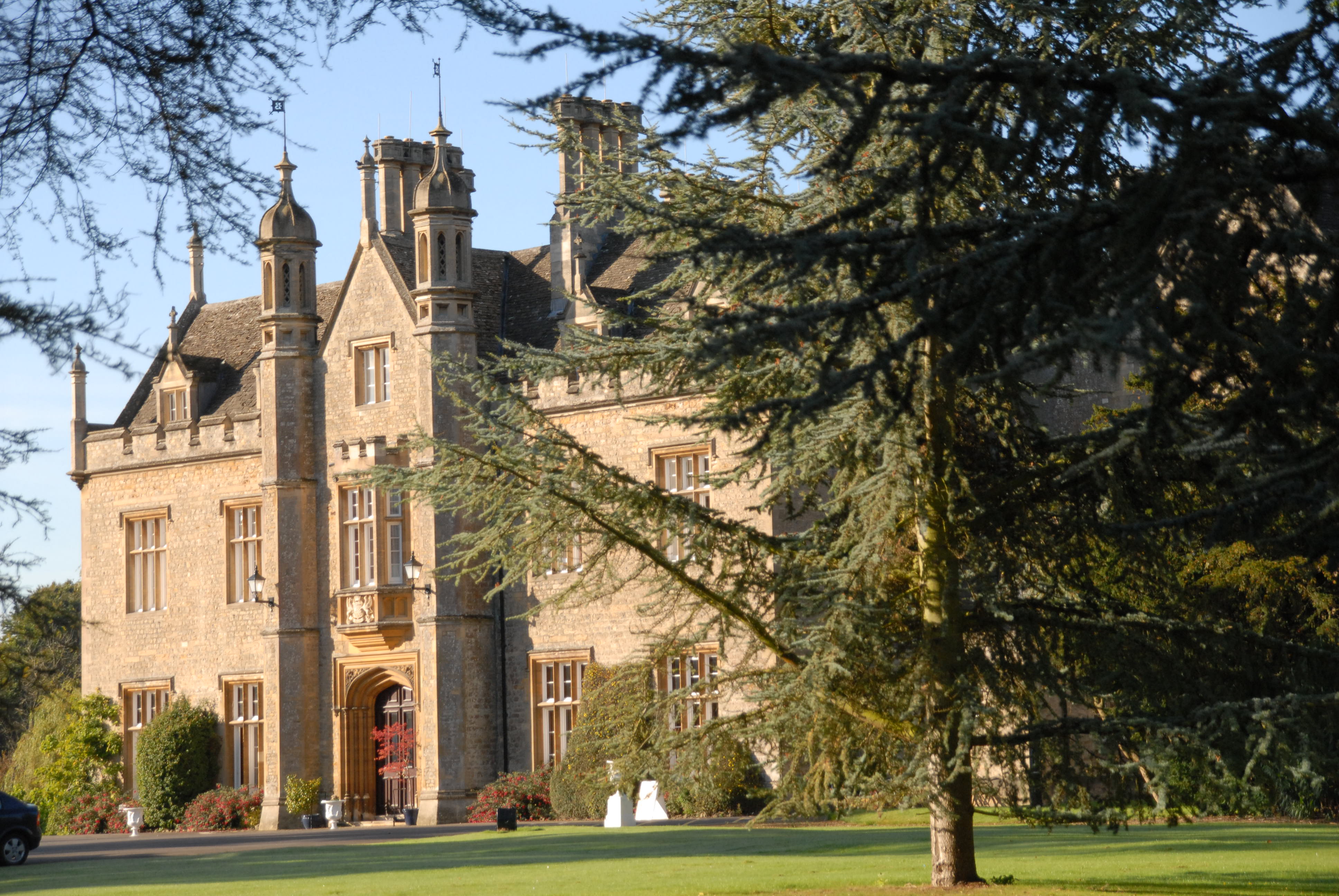My PhD Journey at Shrivenham – Part 2
06/07/2020

I have always wanted to become a scientist, even when I was younger, so my family was never surprised I wanted to do a PhD. It is sometimes a little hard to explain to them what exactly I do, as no one in my family is a scientist, but they are always supportive and proud of what I do. With my friends, those that are not scientists are happy that I found something I enjoy, even if they may not understand exactly what I talk about sometimes. My more scientific friends are happy that I found an interesting scientific challenge to explore.
My research investigates electrical insulators, specifically polymers, on how they fundamentally react to extremely high voltages. For example, these insulating materials can be found in electrical cables or capacitors. These components are used in many different applications, ranging from power generation and telecommunication to audio systems, to name only a few. Understanding how high voltages change the insulator on a macroscopic and microscopic level is important for predicting faults and failures in the material, as well as for developing better and longer lasting insulators in the future. Because the changes investigated are every minute, the use of very sophisticated instrumentation that is not readily available in conventional laboratories is often required. These include large scale facilities such as DESY, the large-scale synchrotron facility in Germany, that can be thought of as an extremely bright X-ray source!

Being at Cranfield is very different to anything I have done before. Working at the Shrivenham Campus is nothing like working at a conventional campus or even in industry. At Shrivenham, because the campus is at the Defence Academy of the United Kingdom, we have an exclusive behind the scenes look into a site which is normally off-limits to civilians. Going to site for the first time can be quite daunting due to the security and the size of the site, but eventually you get used to helicopters regularly landing near where you work and seeing military guards and personal on a daily basis. Because we are a small student community across a big site, it is reassuring to be close other PhD students that have gone through the same experiences. These may be typical PhD student experiences, but in some respects it can be very different to what other PhD students may experience, simply because of where we are based. But it is very comforting to have the support and friendship from everyone around.
Categories & Tags:
Leave a comment on this post:
You might also like…
Introducing… Bloomberg Trade Flows
Are you interested in world trade flows? Would it be useful to know which nations are your country's major trading partners? If so, the Bloomberg terminal has a rather nifty function where you can view ...
Cranfield alumni voyage to the International Space Station
Seeing our alumni reach the International Space Station (ISS) has a ripple effect that extends far beyond the space sector. For school students questioning whether science is “for them”, for undergraduates weighing their next ...
From classroom to cockpit: What’s next after Cranfield
The Air Transport Management MSc isn’t just about learning theory — it’s about preparing for a career in the aviation industry. Adit shares his dream job, insights from classmates, and advice for prospective students. ...
Setting up a shared group folder in a reference manager
Many of our students are now busy working on their group projects. One easy way to share references amongst a group is to set up group folders in a reference manager like Mendeley or Zotero. ...
Company codes – CUSIP, SEDOL, ISIN…. What do they mean and how can you use them in our Library resources?
As you use our many finance resources, you will probably notice unique company identifiers which may be codes or symbols. It is worth spending some time getting to know what these are and which resources ...
Supporting careers in defence through specialist education
As a materials engineer by background, I have always been drawn to fields where technical expertise directly shapes real‑world outcomes. Few sectors exemplify this better than defence. Engineering careers in defence sit at the ...






